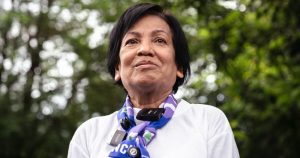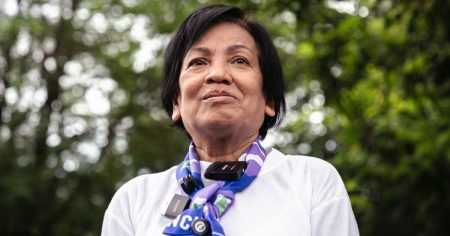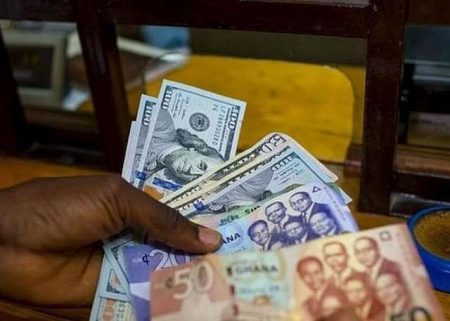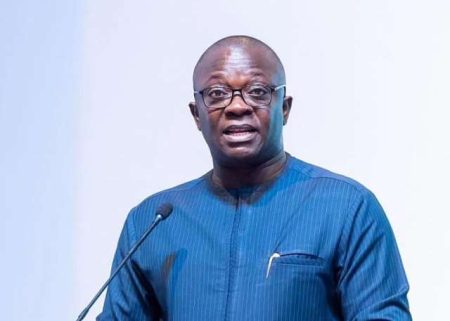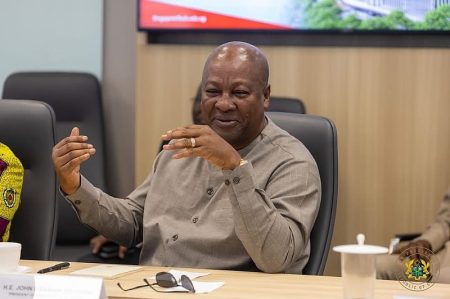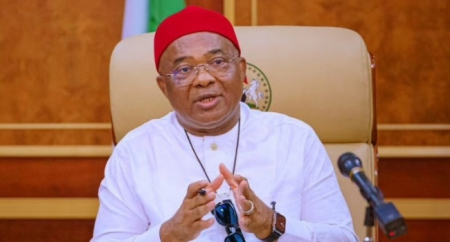The Minister for Communications, Digital Technology and Innovations in Ghana, Samuel Nartey George, has taken a firm stance against Multichoice Ghana, operators of DStv, accusing the company of exploiting Ghanaian consumers through exorbitant pricing practices. The Minister’s primary concern stems from DStv’s perceived unwillingness to adjust its subscription bundle prices downwards, despite the recent appreciation of the Ghanaian cedi against major international currencies. This appreciation, according to the Minister, should logically translate into lower prices for Ghanaian subscribers, bringing them closer to the rates paid by DStv customers in other African countries. However, DStv has reportedly dismissed the cedi’s recent gains as a temporary fluke, arguing that the currency’s historical depreciation over the past eight years justifies their current pricing structure. This justification has been deemed unacceptable by Minister George, who views DStv’s stance as an attempt to continue profiting unfairly from Ghanaian consumers.
The Minister’s frustration with DStv’s pricing practices stems from the perceived disparity between the cost of DStv subscriptions in Ghana and other African markets. He has highlighted stark differences, pointing to instances where the same premium bouquet offered in Ghana for the cedi equivalent of $83 is available to Nigerian subscribers for a mere $29. This disparity is particularly striking given that the Nigerian naira has experienced greater depreciation than the Ghanaian cedi. The Minister argues that this pricing model defies logic and principles of fairness, essentially penalizing Ghanaian subscribers for factors beyond their control. He contends that DStv is exploiting its market dominance in Ghana to impose inflated prices, while offering significantly lower rates in other countries with arguably weaker currencies. This, he believes, constitutes an unjust burden on Ghanaian consumers and must be rectified.
Minister George has issued a clear ultimatum to Multichoice Ghana: reduce subscription bundle prices to reflect the cedi’s appreciation or face the suspension of their broadcasting license. This directive, issued to the National Communications Authority (NCA), sets a deadline of August 7, 2025, for DStv to comply. The Minister’s strong stance emphasizes his commitment to protecting Ghanaian consumers from what he perceives as exploitative practices. He asserts that his primary responsibility is to the Ghanaian people, and he will not stand idly by while they are subjected to unfair pricing. The Minister believes that DStv’s pricing strategy constitutes “plain stealing” from Ghanaian consumers, and he is determined to use his authority to rectify the situation. He has made it clear that he will not hesitate to take decisive action, including license suspension, if DStv fails to comply with his directive.
The directive to the NCA to potentially suspend DStv’s broadcasting license is a significant escalation in the ongoing dispute over pricing. This underscores the seriousness with which the Minister views the issue and his unwavering commitment to ensuring fair pricing for Ghanaian consumers. He has instructed the NCA to closely monitor DStv’s compliance with the directive and to take the necessary steps to enforce the license suspension if the company fails to meet the deadline. The Minister’s directive is likely to have significant implications for Multichoice Ghana, as the potential loss of their broadcasting license would severely impact their operations in the country. This move also signals a broader government effort to regulate the pricing practices of multinational corporations operating in Ghana and to protect the interests of Ghanaian consumers.
The Minister’s public pronouncements regarding DStv’s pricing policies reflect a growing concern among Ghanaian consumers about the affordability of pay-TV services. Many Ghanaians believe that DStv’s subscription fees are excessively high, particularly in comparison to the rates offered in other African countries. This sentiment has fueled public support for the Minister’s actions, with many praising his commitment to holding DStv accountable. The issue has sparked a wider debate about the need for greater regulation of the pay-TV industry in Ghana to ensure fair and competitive pricing. Consumer advocacy groups have also called for greater transparency in DStv’s pricing structure and for the company to engage in more meaningful dialogue with its Ghanaian subscribers.
The standoff between the Minister and Multichoice Ghana represents a critical juncture in the relationship between government regulators and multinational corporations operating in the country. It highlights the increasing pressure on companies to demonstrate their commitment to fair and equitable business practices, particularly when it comes to pricing. The outcome of this dispute will likely have significant ramifications for the future of the pay-TV industry in Ghana and could set a precedent for how the government addresses similar pricing concerns in other sectors. The Minister’s actions signal a growing assertiveness on the part of the Ghanaian government in protecting the interests of its citizens and ensuring that multinational corporations operating within its borders adhere to fair and transparent business practices. This case will be closely watched by other countries in the region as they grapple with similar challenges in regulating the pricing practices of multinational corporations.


